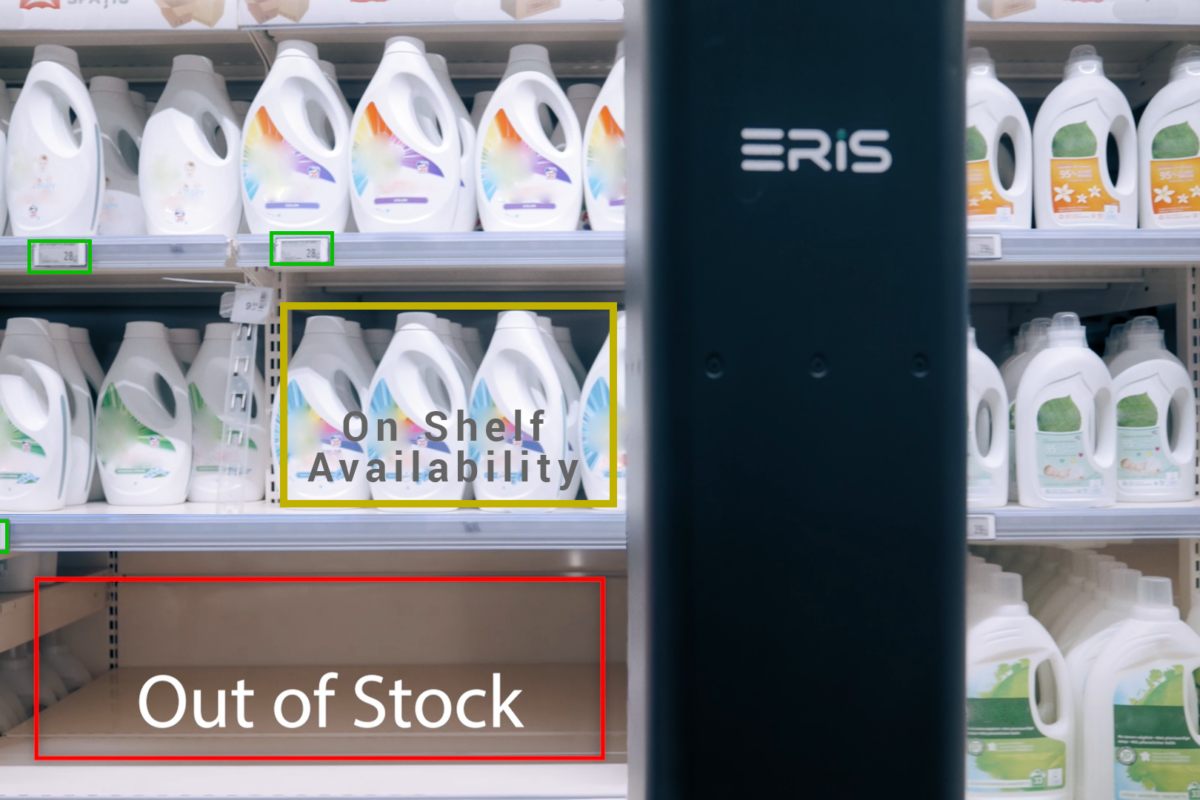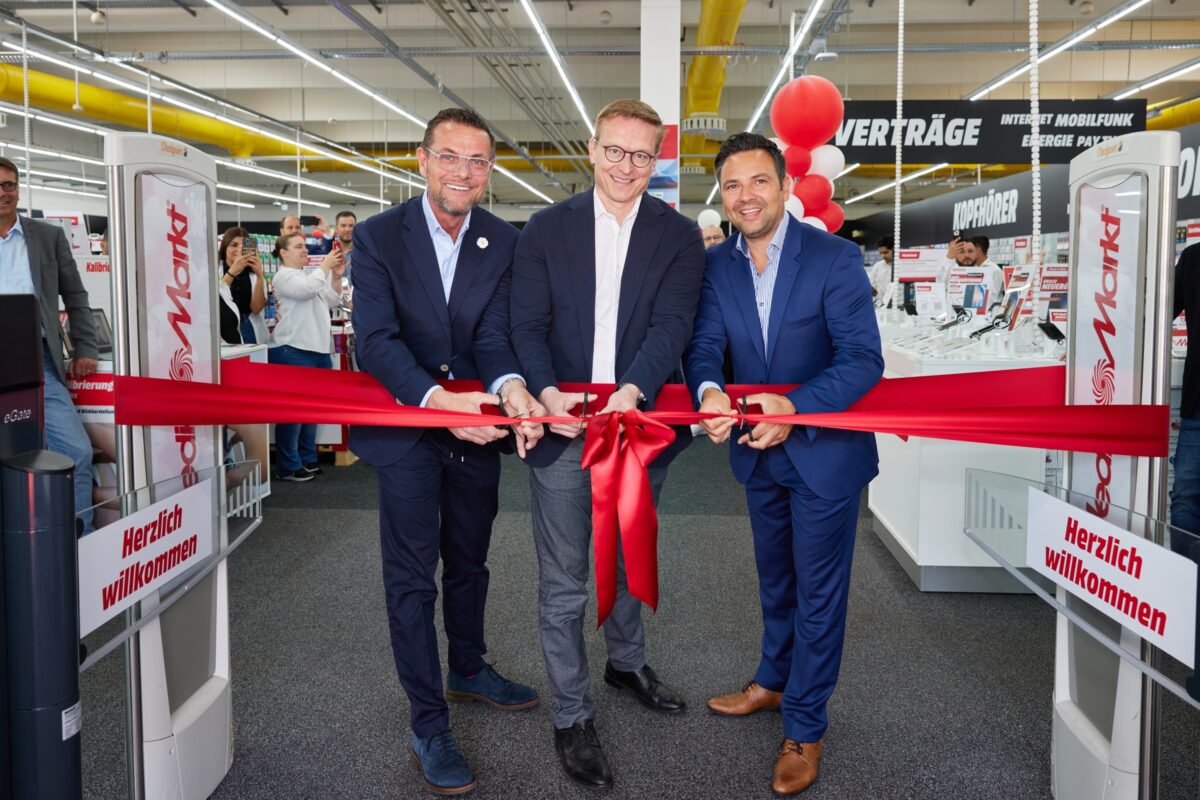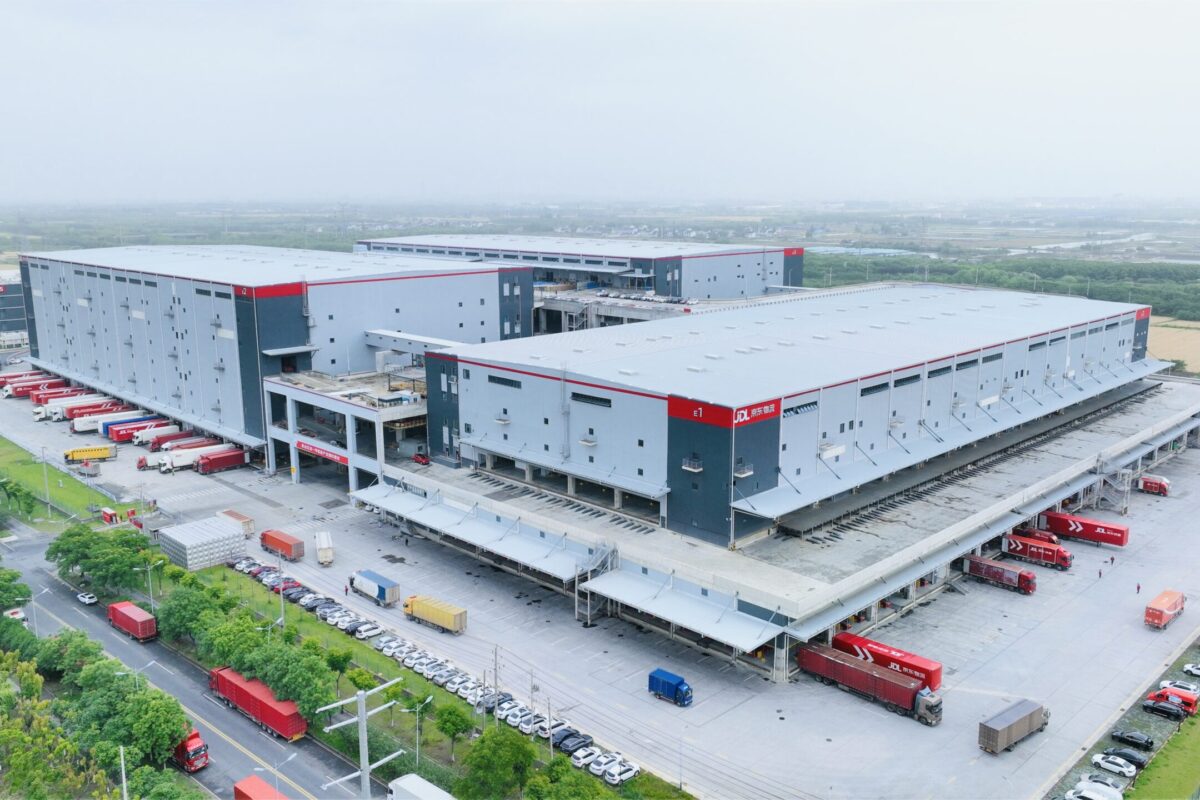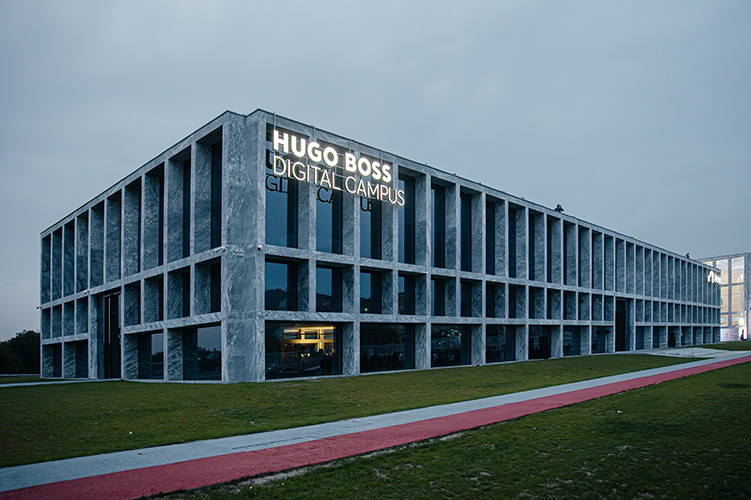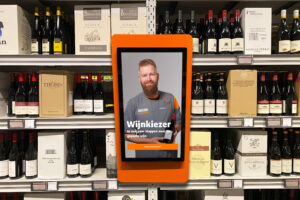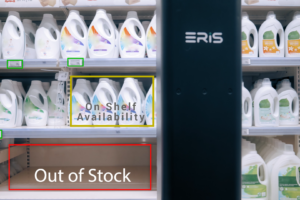Retailers who set up an online presence can expand their business – especially if they create a multilingual content strategy.
As a language and translation service, Eurotext AG supports retailers in this endeavor. From this conversation with Boris Zielonka, we learned where and how translations powered by artificial intelligence (AI) help to make an E-commerce business attractive to a wider population of global consumers.
Mr. Zielonka, communication is vital in retail, especially in the context of internationalization. What role do professional translation services play in this setting?
Boris Zielonka: When it comes to scaling a business, the translation of product texts and descriptions obviously plays an important role. That being said, we have also learned that quality editorial content – originally written in just one language – is also an exciting prospect for international business. This includes product guides or texts that utilize search engine optimization techniques.
How does AI support this endeavor?
Zielonka: AI is one of today’s most widely discussed topics, not just in retail, but in all industry circles. Various AI tools have already entered the world of translation years ago. Examples include Google Translate, Bing Translate or DeepL. They are better than their reputation because people often tend to point to blunders to show what AI translations are still unable to achieve.
Having said that, retailers can obtain these technologies as useful tools. These are not solutions that can solve translation or internationalization issues immediately, yet they are resources that can help retailers to gain competitive advantages by increasing speed or cutting costs. However, businesses must realize that this also involves some work: AT tools must be managed and trained, and retailers should also assess beforehand where and how they can use them most effectively.

Inga Kuhlow, iXtenso, in an interview with Boris Zielonka, Eurotext AG. © iXtenso/Kuhlow
Will this technology replace human translators?
Zielonka: AI is getting better in many areas, but it is also apparent that while it offers great support when it comes to certain text types, it is no match for texts that require a combination of creativity, intellect, and communication. A machine is not yet capable of this type of achievement.
People will likely be replaced in some areas that pertain to mere translation. This refers to technical documentation an AI terminology database is already able to translate quite accurately. Vespa or Microsoft have extensively used AI technology for years. Having said that, this will change the way human translators work: They will have to understand how the AI technology works and how it can be assessed and managed. The human translator must decide whether AI technology is a great tool for a particular client or project to create meaningful content or whether any rework is required.
What advice would you give retailers that want to appeal to the largest target market possible with a translation?
Zielonka: One question you should always ask at the beginning is “What language would I like to have my content translated into?” Retailers should always first review their own data. Are they selling internationally in a particular country and therefore already have a customer base for their products? Needless to say, English is always a smart choice because it allows you to easily cater to many countries and generate sales. If so, retailers must not underestimate that this requires more work in terms of marketing or logistics for example.
What customer projects have you been working on recently that have been particularly exciting?
Zielonka: A project we currently manage studies the combination of AI and human translations. It was interesting to determine the types of texts and languages where AI is a good option. The great thing for us was to identify the instances in a store setting where human knowledge is vitally important and needed. The AI technology proved to be very good when applied in supportive areas and help texts. Their objective is to provide customers with context and guidance services. There were no obvious conversion killers, meaning strange phrases pertaining to the payment process, for example, that might make customers lose trust in the brand.
Is there any other advice you would like to give retailers?
Zielonka: Retailers, who make the leap from brick-and-mortar to E-commerce are sometimes worried that they might get reprimanded because they inadvertently neglect laws in their store. I encourage them to just give it a try! Of course, there are some stumbling blocks and you have to comply with rules and regulations, but you can get support. Service providers are available to ensure regulatory compliance with the right documents. Any retailer who is in compliance with German legal regulations can also internationalize their business straight away.
Interview: Timo Roth
First published at iXtenso – Magazine for Retailers







